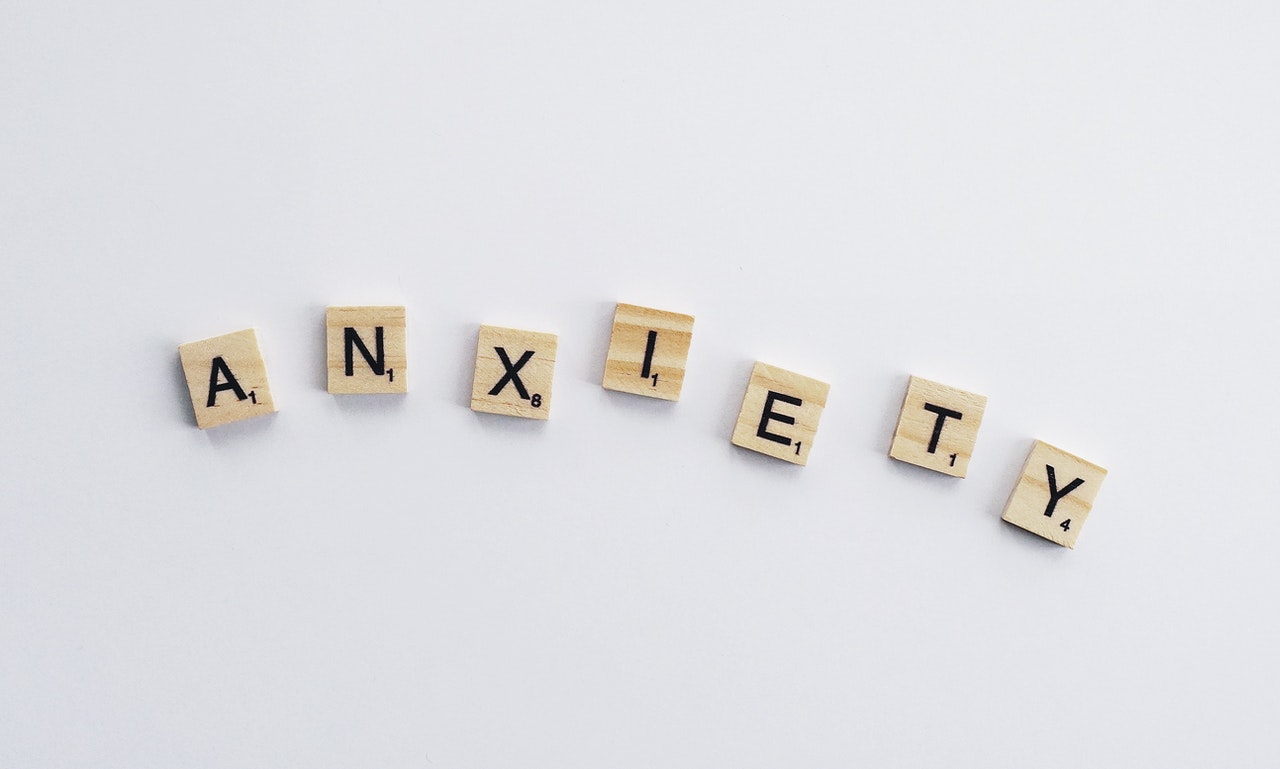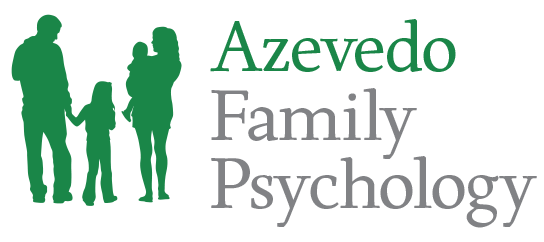
How to Support a Child with Gender Dysphoria
May 1, 2022
Coping with Health Anxiety
July 1, 2022“It’s then we’ll hear St. Peter
tell us loudly with a yell,
‘Take a front seat you soldier men,
you’ve done your hitch in Hell.’Frank Bernard Camp, 1917
War has long been one of the most traumatic events in human history. Those who serve its cause are forever changed by the experience. While military service comes with a sense of honor and duty, the cost can be heavy. It’s estimated that 1/5th of Iraq War veterans have either PTSD or major depression.
Even for those not on the front lines, the rigors of military life can be extreme for them and their families. Veterans have specific mental health needs, and therapy can go a long way! This is a very small overview of three of the most common military-related mental health issues.
Post-Traumatic Stress Disorder
PTSD is commonly associated with veterans for good reason: war is a barrage of traumatic, scary events. Veterans who experience PTSD may have trouble sleeping, heightened anxiety, and/or flashbacks. Ordinary events like fireworks, a clanging dump truck, or screeching brakes can trigger extreme anxiety.
PTSD isn’t always caused by a single event, but this is how it often manifests in veterans. Medication, therapy, and support from family and other veterans are very effective at mitigating PTSD symptoms.
It is important to note that in female veterans, PTSD is often linked to sexual assault; 1/4th of women in the military are sexually assaulted.
Depression
Major depression – and unfortunately, suicide – is common in veterans. Though often comorbid with PTSD, soldiers can also become depressed from readjusting to civilian life. Away from the rigid structure of soldiering and faced with more downtime, it’s easy for depression to manifest.
SSRIs and other medications, when prescribed correctly and paired with therapy, are very effective in treating depression.
Substance Abuse
Substance abuse is very common in veterans, especially those with PTSD – over 20% of veterans with PTSD are also addicts. Many turn to self-medicating to treat their symptoms. Coupled with boredom or unemployment, the problem can snowball quickly.
Substance abuse is most easily stopped with early intervention. It’s important that veterans’ families watch them closely for any signs and keep compassionate, honest lines of communication open.
Are you a veteran struggling with mental health problems? You aren’t alone, and there is a path to happiness. Cognitive behavioral therapy is a valuable tool for reclaiming your life. Contact Azevedo Family Psychology today, and together we can create a life worth celebrating!




